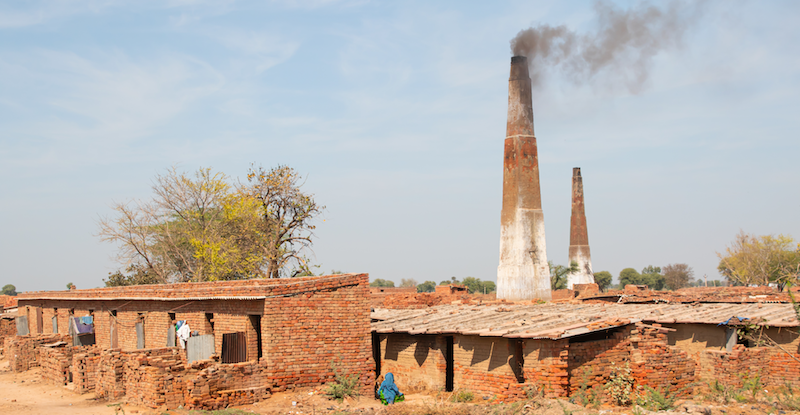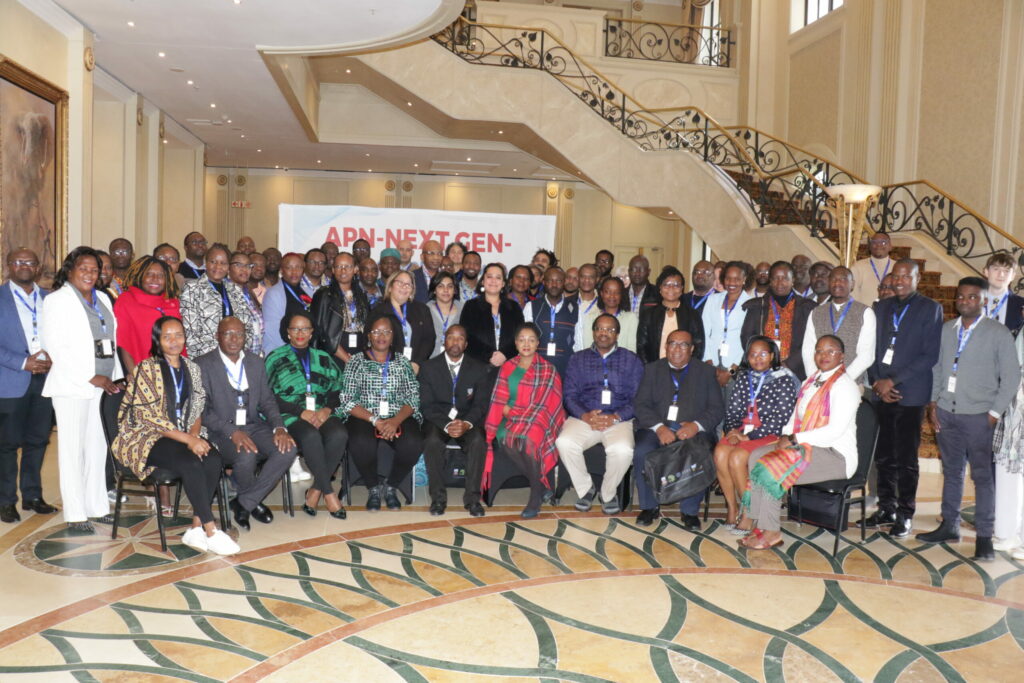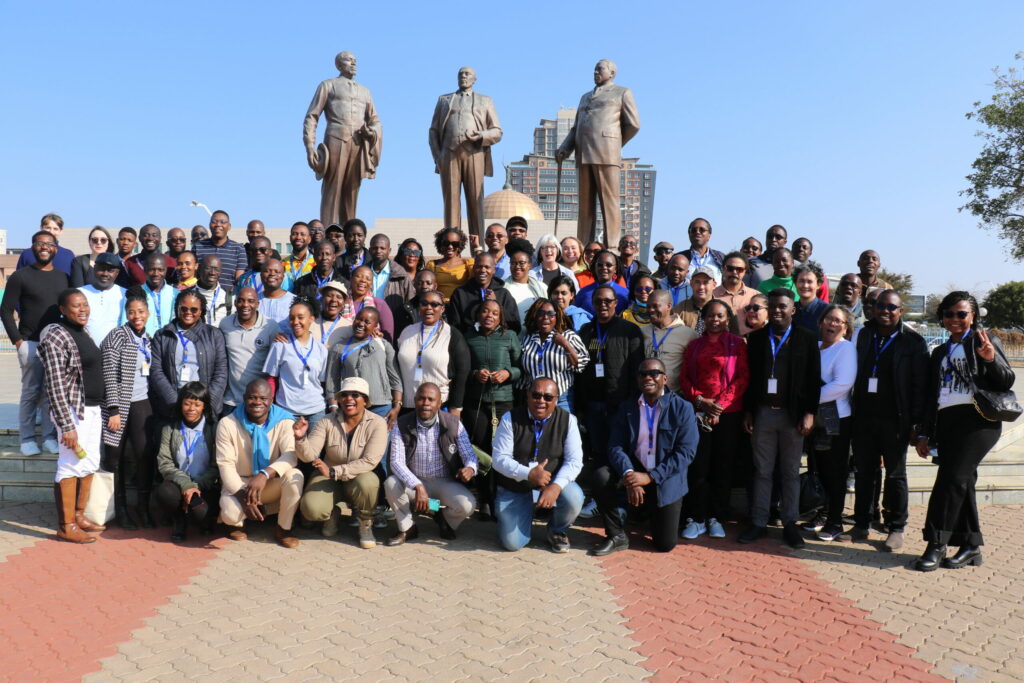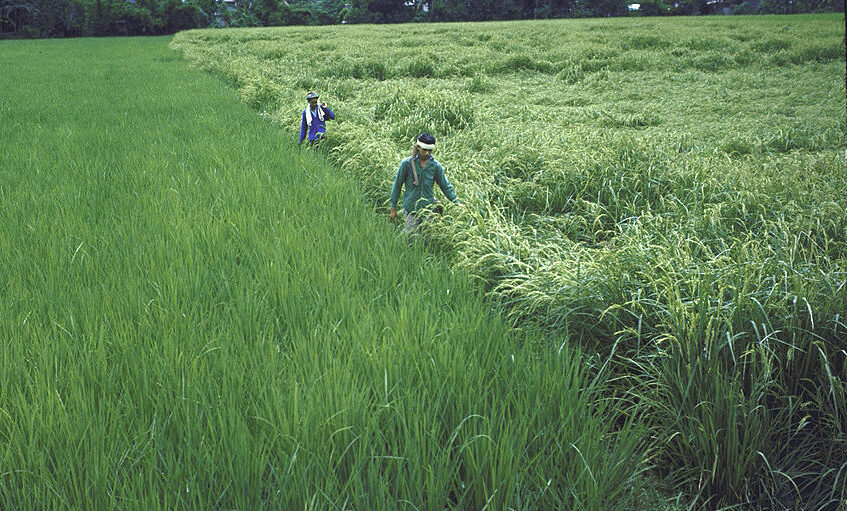Building an Evidence Base for Climate Interventions in Low- and Middle-Income Countries
Mitigating greenhouse gas emissions and facilitating adaptation to climate change requires effective public investments, yet many policies and programs lack crucial evidence of their effectiveness. In low and middle income countries, the cost of putting resources toward ineffective policies is particularly high. This talk discusses two recent randomized controlled trials aimed at filling the evidence gap. The first tests novel approaches to reduce agricultural emissions in India. The second improves smallholder farmers’ resilience to climate shocks in Niger. Findings highlight the need for piloting before scaling up policy — in both projects, cost effectiveness was improved through innovative policy design.







